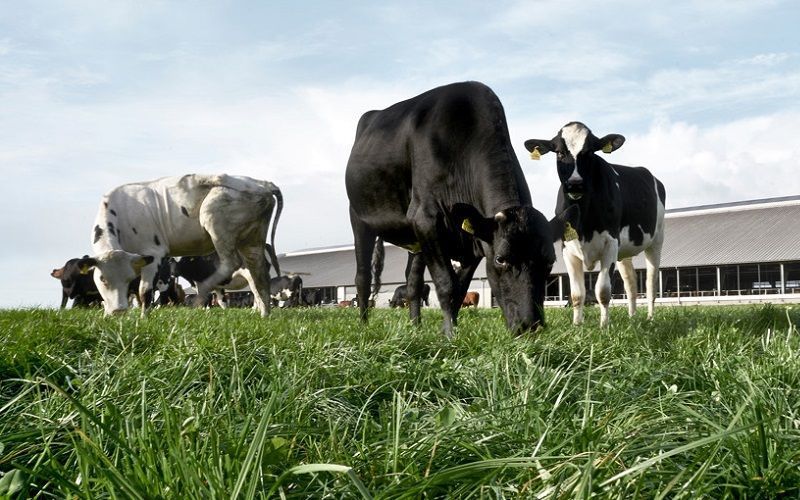Dairy Crisis in Bolivia: Inputs Surge Over 50%
Sourse: es.edairynews.com
In Cochabamba, Bolivia, dairy farms face an emergency due to skyrocketing input costs and stagnant milk prices.

Bolivia is witnessing a severe uptick in the cost of agricultural inputs, rising more than 50% in the past month, prompting over 4,000 rural dairy farms in Cochabamba to declare a state of emergency. This drastic inflation is largely attributed to a scarcity of official currencies, as reported by Abya Yala TV and local media.
The rising expenses, notably in balanced feed, vitamins, vaccines, and supplements, starkly contrast with the frozen base price paid per liter of milk, creating an unsustainable gap between costs and revenues. Producers are considering the sale of their cattle or even abandoning farms altogether. It’s estimated that more than 20% of the sector is at risk of disappearing if the current trend persists.
Rafael Gómez, a sector leader, has called for urgent governmental intervention including direct financial support, the release of currencies for importing vital supplies, and guaranteed special fuel for transporting milk and raw materials. Without state response, producers warn of potential increased protests and local pressure measures aimed at preserving the production chain, domestic supply, and rural employment.
The rising expenses, notably in balanced feed, vitamins, vaccines, and supplements, starkly contrast with the frozen base price paid per liter of milk, creating an unsustainable gap between costs and revenues. Producers are considering the sale of their cattle or even abandoning farms altogether. It’s estimated that more than 20% of the sector is at risk of disappearing if the current trend persists.
Rafael Gómez, a sector leader, has called for urgent governmental intervention including direct financial support, the release of currencies for importing vital supplies, and guaranteed special fuel for transporting milk and raw materials. Without state response, producers warn of potential increased protests and local pressure measures aimed at preserving the production chain, domestic supply, and rural employment.
Key News of the Week










